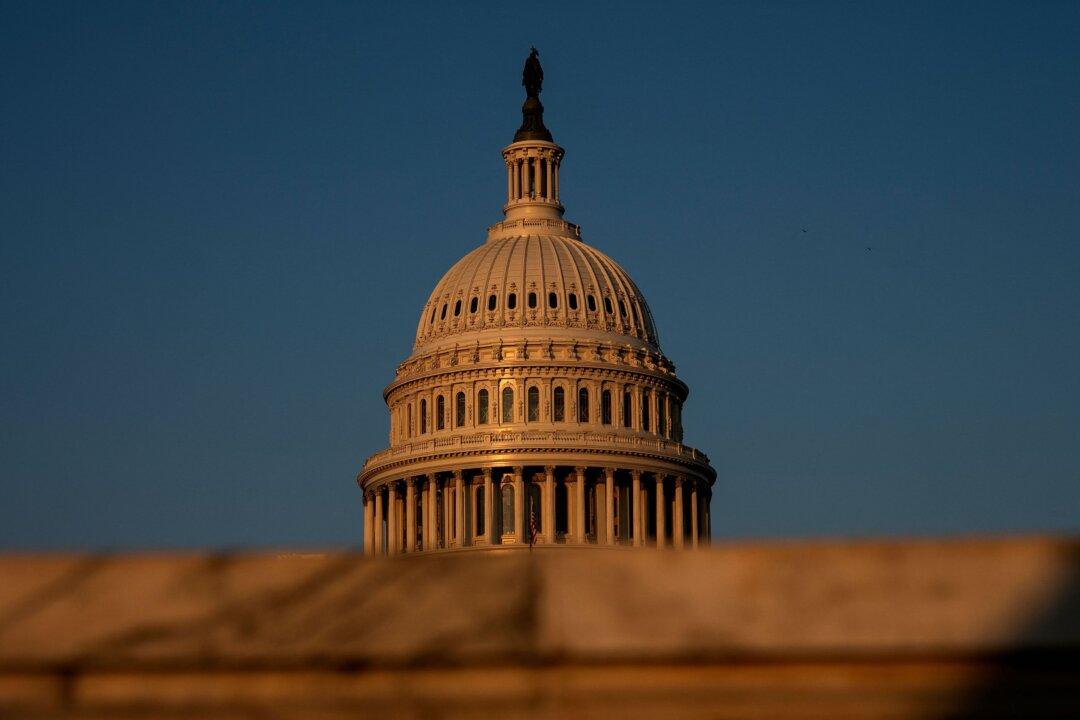The U.S. Senate voted to overturn President Joe Biden’s student debt transfer program on June 1, rebuking his efforts to bypass Congress and cancel the debt of certain student loan recipients.
The chamber passed the joint resolution of disapproval in a 52–46 vote with the help of Sens. Kyrsten Sinema (I-Ariz.), Jon Tester (D-Mont.), and Joe Manchin (D-W.Va.).





